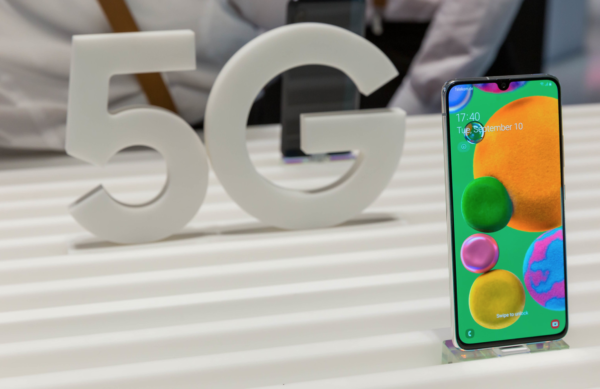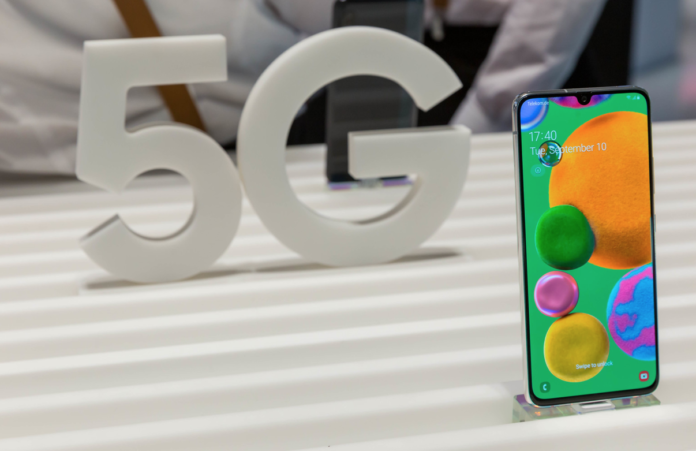Over the last few years, the fifth-generation standard technology for cellular networks has taken the world by storm. Following Vodafone’s recent decision to roll out 800G technology throughout New Zealand, the telecommunication provider will become one of the country’s first to support 5G technology. So, let’s take a look at how this advancement will affect numerous industries within New Zealand.
Car Manufacturing
On a worldwide level, 5G technology has been at the very heart of forward-thinking innovations in the transport industry. Fundamentally, this contemporary integration of newly-developed networks looks set to have a significant influence on the outlook of vehicle manufacturing. As per a report by The Spinoff, the software is set to heighten the reliability of driverless cars by improving dependability.
Crucially, this will enable the country to build on the existing work that they have done over the last few years. The Fast Mode state that, in March 2019, New Zealand tested its first 5G-connected driverless car on the streets of Auckland. Crucially, the implementation of more refined wireless networks could allow this sector to progress in a timely fashion, focusing their attentions on inter-car data sharing.
iGaming Market
Furthermore, the country’s iGaming sector is also predicted to benefit from New Zealand’s 5G-orientated future. Importantly, the network’s software ensures faster website loading speeds, particularly at platform’s that are video rich. Moreover, due to its lower latency, online gaming experiences should also be enjoyed with less network-related interruptions, and this could significantly improve real-time casino titles or progressive slots, for example.
Pivotally, the accessibility of the most modern cellular network will also benefit industry-specific review sites, such as Casino Hacks. The platform’s live-streaming features, combined with its video-rich nature, will undoubtedly benefit from the lower latency that comes with 5G. In turn, this will provide those with an interest in iGaming user-friendly access to the sector’s latest bonuses, news, reviews, and more.
Mobile Sector
Perhaps most obviously, Vodafone’s recent announcement regarding their 5G ambitions will unquestionably influence the long-term future of the mobile market. From a production standpoint, this technical transformation will create a shift in strategies towards the creation of 5G smartphones. As a result, this would enable both consumers and telecommunication companies to reap the rewards of the network’s heightened speed.

“Samsung Galaxy A90 5G smartphone with Su” (CC BY 2.0) by verchmarco
Additionally, because of the fact that 5G download speeds are estimated to be approximately 1000 times quicker than those provided through 4G networks, it potentially opens up the prospect of smartphone developers creating higher-capacity mobiles. Fundamentally, this could lead to companies targeting storage as opposed to performance, as consumers are likely to take advantage of the download speeds to ascertain the latest games and movies.
Streaming Industry
As well as the above sectors, the streaming industry is also likely to benefit from 5G networks throughout New Zealand. Similarly to the iGaming market, the technology’s low latency will minimise buffering, making on-the-move video streaming less unpredictable concerning image quality.
From an industry perspective, such innovations are predicted to have a significant impact on New Zealand’s police service. According to The Spinoff, 5G connections will improve the quality of a drone’s image quality, thus enabling them to scan environments in a more time-efficient manner.
The Foundations for Long-Term Development
Ultimately, as showcased by the above sectors, Vodafone’s planned 5G developments look set to have positive implications for a whole host of different industries. Although each one benefits in its own way, the overarching advantage of the new network relates to its heightened speed. In turn, this will allow for faster data sharing and downloads, as well as the ability to explore other revolutionary concepts, such as driverless cars.




